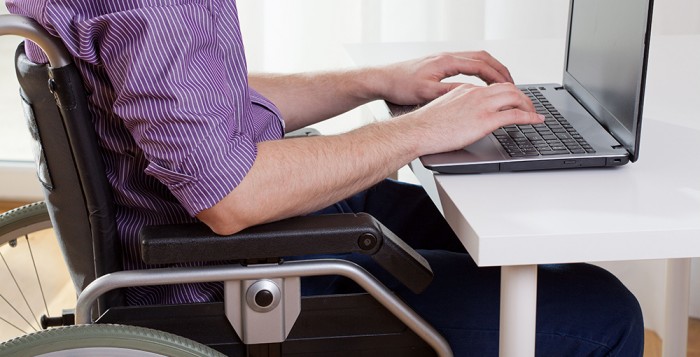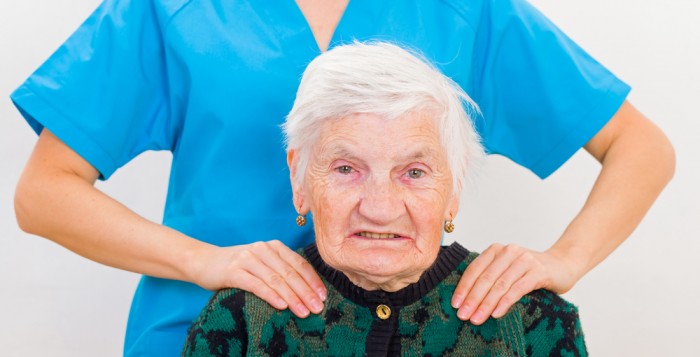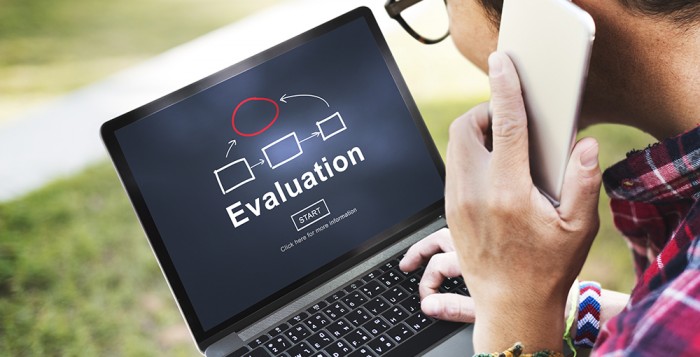Today, the Office of Long-Term Living (OLTL) issued communication on changes to four OLTL home and community-based services waivers that were recently approved by the Centers for Medicare and Medicaid Services (CMS).
The changes include:
Aging Waiver amendments (effective 10/1/16)
- Introduces the department’s intent to transition individuals from the Aging waiver into a managed care delivery system;
- Revises language to reflect the current practice under the new child abuse clearance laws;
- Breaks out the home health and therapeutic and counseling service definition into five discreet service definitions; and
- Adds a new entity to perform waiver enrollments.
Attendant Care Waiver amendments (effective 10/1/16)
- Introduces the department’s intent to transition individuals from the Attendant Care waiver into a managed care delivery system; and
- Revises language to reflect the current practice under the new child abuse clearance laws.
Independence Waiver amendments (effective 10/1/16)
- Adds five new employment-related service definitions* which are replacing one existing employment service definition;
- Breaks out the Home Health and Therapeutic and Counseling service definition into eight discreet service definitions;
- Introduces the Department’s intent to transition individuals from the Independence waiver into a managed care delivery system; and
- Revises language to reflect the current practice under the new child abuse clearance laws.
CommCare Waiver amendments (effective 10/1/16)
- Adds five new employment-related service definitions* which are replacing two existing employment service definitions;
- Breaks out the home health and therapeutic and counseling service definition into eight discreet service definitions;
- Introduces the department’s intent to transition of individuals from the Independence waiver into a managed care delivery system; and
- Revises language to reflect the current practice under the new child abuse clearance laws.
OBRA Waiver renewal (effective 7/1/16)
- Renewal of the waiver for an additional five years;
- Introduces the department’s intent to transition individuals from the OBRA waiver into a managed care delivery system;
- Breaks out the home health and therapeutic and counseling service definition into eight discreet service definitions; and
- Revises language to reflect the current practice under the new child abuse clearance laws.
*New employment-related services are benefits counseling, career assessment, employment skills development (replaces prevocational services), job coaching (replaces supported employment), and job finding. For complete service definitions, provider qualifications, and requirements of each waiver, please refer to the approved waiver documents.
Providers of these new services will be paid at the proposed rates. Information on implementation of the new employment services, including transition from current employment services and billing procedures, is forthcoming.
In addition to the above changes, CMS has required OLTL to add limitations to any waiver services that are state plan services and are available to individuals under the age of 21. These services include: assistive technology, counseling, nursing services, nutritional consultation services, occupational therapy, personal assistance services, physical therapy, specialized medical equipment and supplies, and speech and language therapy. These services are only to be provided to individuals aged 21 and over. All medically necessary services for children under age 21 are to be covered in the state plan pursuant to the EPSDT benefit.
Questions on this information may be referred to either OLTL’s Bureau of Quality and Provider Management at 800-932-0939 or Bureau of Policy and Regulatory Management at 717-783-8412.


















